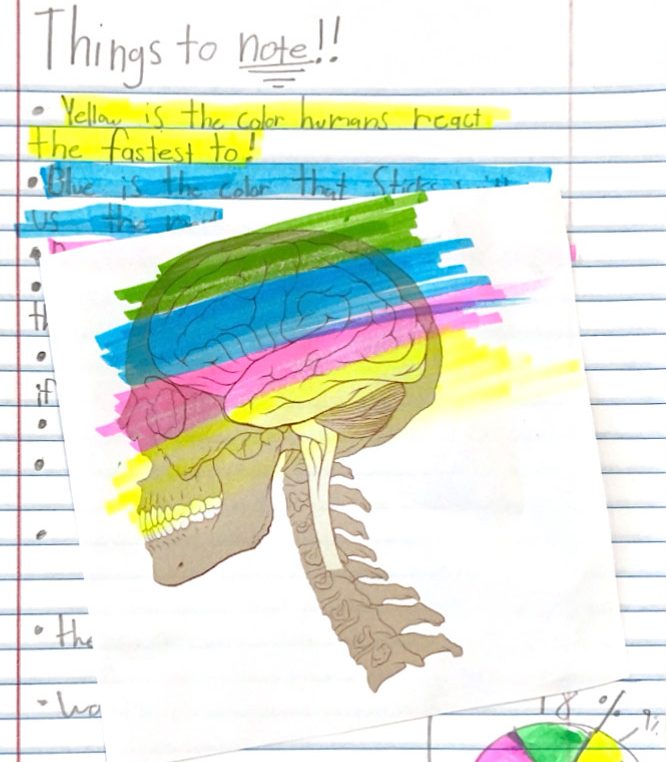Nowadays, teens often feel they have to neglect sleep in favor of balancing their academic responsibilities, extracurricular activities, and social lives, just to keep up with everything in their lives. Sleep is a simple yet crucial part of health. It can influence so many of your processes whether they be physical or cognitive functions such as memory, concentration, and learning. There have been various studies stating that adequate sleep is required for students to perform their best academically and maintain emotional stability. Understanding the importance of sleep and its great effects on the way we carry ourselves in our everyday lives is key in living a healthy life and achieving long-term success.
Sleep is a very important factor on any day. It’s been shown to improve and promote immune function, muscle and tissue repair, heart health, healthy weight maintenance, energy restoration, memory and learning, mood and emotional regulation, cognitive function, stress reduction, and mental resilience. Overall, sleep is essential for overall health and impacts many different functions within and outside of your body. During REM sleep is when your body can recharge itself and keep your brain and bodily functions essential processes functioning as optimally as possible.
Sleep deprivation can significantly harm your academic performance in many ways:
Impaired Memory and Learning
- Reduced Memory Retention: It’s when not getting enough sleep disrupts memory consolidation, making it harder to retain information from studying, reading, or being taught something in a classroom.
- Difficulty with Complex Learning: Sleep is a crucial part of understanding complex ideas. Without that, students may struggle with comprehension, problem-solving, and connecting new topics to previous topics.
Decreased Focus and Concentration
- Reduced Attention Span: Sleep deprivation can make it hard to focus on tasks for a long period of time, making it difficult to absorb information in class or concentrate on an assignment.
- Poor Decision Making: Tiredness impairs cognitive function and your executive control, which may cause poor time management, difficulty prioritizing, and increased procrastination.
Lower Motivation and Engagement
- Less Motivation: Students may feel unmotivated, which may equal less engagement with the material, effort, and participation in class.
- Higher Risk of Academic Burnout: Sleep deprivation can lead to mental and physical exhaustion, increasing the likelihood of burnout.
Teens are recommended 8-10 hours of sleep each night, by the National Sleep Organization, stating it helps support the cognitive, emotional, and physical development that teens undergo. Adequate sleep is vital for the developmental and growth stage that teens go through at that age. It’s critical in brain development and learning, hormonal changes and growth, mental health, and physical health.
The best tips to keeping a good sleep schedule include; Sticking to a schedule that you do every day to get your body accustomed to starting to shut down by a certain time, limiting your screen time at least an hour before bed because the blue light that emits from screens interferes with melatonin production which is essential for sleep, limit your caffeine and sugar intake since these things keep you awake and alert, limit the naps you take since napping for too long or late can impact your nighttime sleep, and not eating heavy meals before bed because it can cause discomfort and disrupt your sleep.
By prioritizing consistent and restful sleep, teens can equip themselves to navigate the challenges of adolescence and thrive in school and whatever else they do. Investing in your sleep habits while you are young will greatly improve your chances of living a happier and more successful life.





























